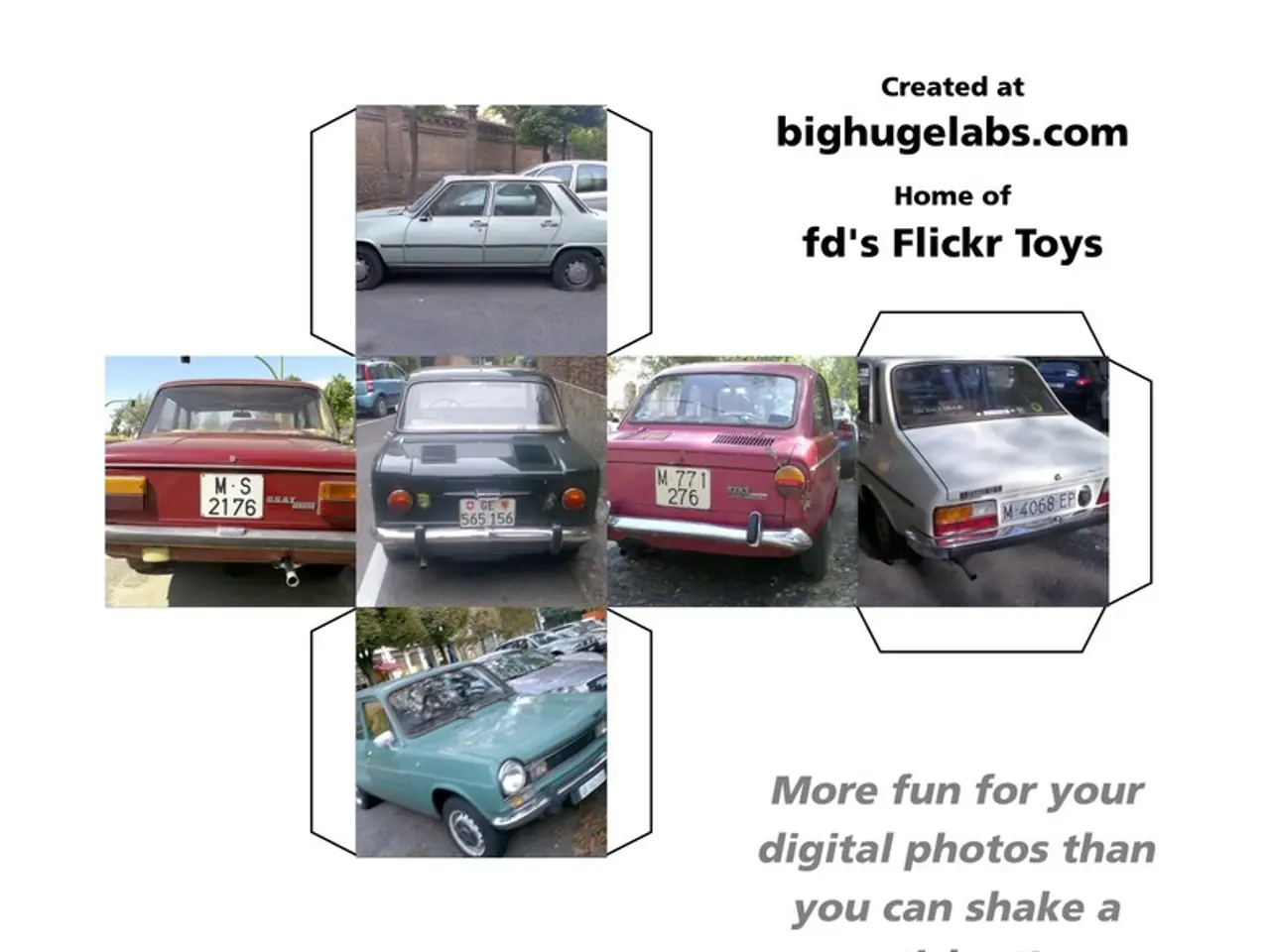Toyota's 1H/2Q Financial Results Q&A Session - Customer Decisions on Electric Vehicle Decarbonization Strategies Revealed
In a recent interim financial results briefing on November 6, Toyota's President Akio shared insights into the company's vehicle electrification strategy. Akio believes that the market and customer will ultimately decide the choice for the next-generation electrified vehicle.
Toyota's strategy, unlike Tesla's, emphasizes a diverse approach. While Tesla primarily focuses on fully electric vehicles (BEV) with high-performance battery systems, Toyota is investing in a variety of electrified vehicles, including hybrids (HEV), plug-in hybrids (PHEV), battery electric vehicles (BEV), and fuel cell electric vehicles (FCEV).
Akio compared Toyota's business to a restaurant offering a variety of dishes, while Tesla is compared to a business offering a specific recipe. This analogy underscores Toyota's commitment to providing a range of choices to cater to different customer preferences.
Toyota has been investing in the area of C.A.S.E. (Connected, Autonomous, Shared, and Electric) over the past three years. To further its efforts, Toyota has established Toyota Research Institute Advanced Development (TRI-AD) and is taking a "software-first" approach to vehicle development.
Despite these investments, Akio admitted that Toyota could learn from Tesla's overall business model and actions for the environment. Tesla, for instance, generates profit not only from Battery Electric Vehicles but also from software updates.
The competition between Toyota and Tesla is evident in the stock market. Tesla's market capitalization, currently around JPY40 trillion, is larger than the combined value of all seven Japanese automakers. However, Toyota's stock price has started to diverge, moving in a different upward direction from the general automotive segment.
Stricter environmental regulations are expected around the world as they turn towards 2050. Shigeki Terashi, a Toyota executive, believes that a carbon neutral Japan by 2050 cannot be achieved without a mobility society with vehicles with zero emissions. With over 100 million vehicles in operation in the real world, Toyota is well-positioned to contribute to this goal.
The choice of vehicle electrification will depend on the surrounding conditions, level of regulations, and customer or regional preferences. Akio believes that there are a lot of choices for vehicle electrification, and Toyota is committed to providing a diverse range of options to meet these varying needs.
In conclusion, Toyota's electrification strategy, while similar to Tesla's in its focus on advancing battery technology and enhancing electric vehicle efficiency, takes a more diverse approach, including hybrids and battery reuse, to cater to a wider range of customer preferences and regulatory environments.
Read also:
- Antitussives: List of Examples, Functions, Adverse Reactions, and Additional Details
- Asthma Diagnosis: Exploring FeNO Tests and Related Treatments
- Anti-vax sentiments rejected by Republican senators with medical backgrounds, countering RFK Jr.'s claims
- Industrialized Hog Farms Producing Biogas Study Cancelled by Trump Administration








